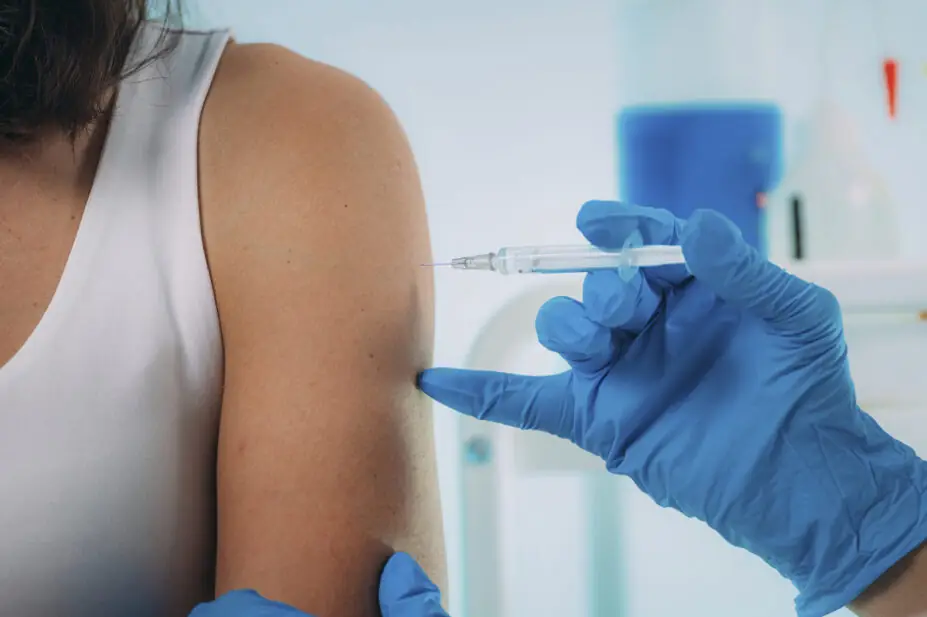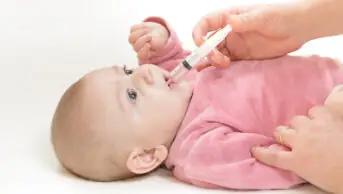
MICROGEN IMAGES / SCIENCE PHOTO LIBRARY
While a coroner warning on penicillin treatment, medication advice for breastfeeding women and immunotherapy for endometrial cancer have been in the news recently, here are some other important developments.
The case for vaccination as Australia sees highest RSV cases on record
Data from Australia suggests UK respiratory syncytial virus (RSV) cases will surge this winter – in 2024, the antipode had its highest number of RSV cases on record, half of which were in children aged 0–4 years. NHS England has urged pregnant women to get their RSV vaccine, as two studies have demonstrated the real-world effectiveness of the vaccine for infants and older people.
Meanwhile, a Danish cohort study found that both JN.1-adapted mRNA vaccines offered high levels of sustained protection for four months against COVID-19-related hospitalisation and death. Effectiveness was higher for mRNA-1273, at 84.9% (against hospitalisation) and 95.8% (against death), compared with 70.2% (against hospitalisation) and 76.2% (against death) for BNT162b2. New research suggests COVID-19 and the flu virus could “wake up” dormant cancer cells in the lungs – reinforcing the argument for vaccination.
Further reading
Rising public health concerns in London as latest data published
The UK Health Security Agency’s latest public health data reports rising cases of measles, particularly in London and the North West of England, where pharmacies say they stand ready to restart the measles, mumps and rubella (MMR) catch-up campaign if commissioned. Cases of Candidozyma auris are also high in London, having risen by 23% across England in the six months between November 2024 and April 2025. Cases of Shiga toxin-producing Escherichia coli (STEC) infection are also on the rise in England, with underdeveloped hygiene and petting farms a potential risk for children aged 1–4 years.
Further reading
Daily pill for weight loss in the works, while NICE stresses need for wraparound support for “skinny jabs”
Weight loss medication is once again making the headlines this week – preliminary findings from Eli Lilly’s oral GLP-1 orforglipron trial suggest that the daily pill could help adults with obesity lose weight by an average of up to 12.4%. Meanwhile, the National Institute for Health and Care Excellence has recommended ongoing support for patients coming off weight-loss medications, with community pharmacy leaders saying the sector is well placed to support an NHS service, if appropriately funded.
Further reading
Could ChatGPT speed up clinical trial recruitment?
With the NHS ten-year plan setting out a government focus on research and technology in healthcare, perhaps clinical trial coordinators should be turning to ChatGPT, which can help identify patients eligible for clinical trials “within minutes”, according to a study published in Machine Learning: Health. Researchers at UT Southwestern Medical Centre said prompting large language models with flexible trial criteria could “support human reviewers” in reviewing unstructured medical records, reducing trial setup delays and improving access to new treatments.


